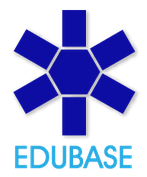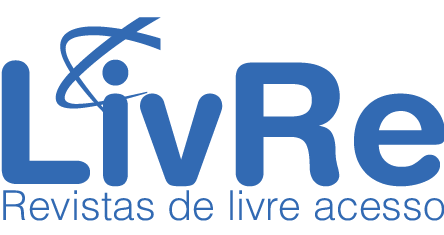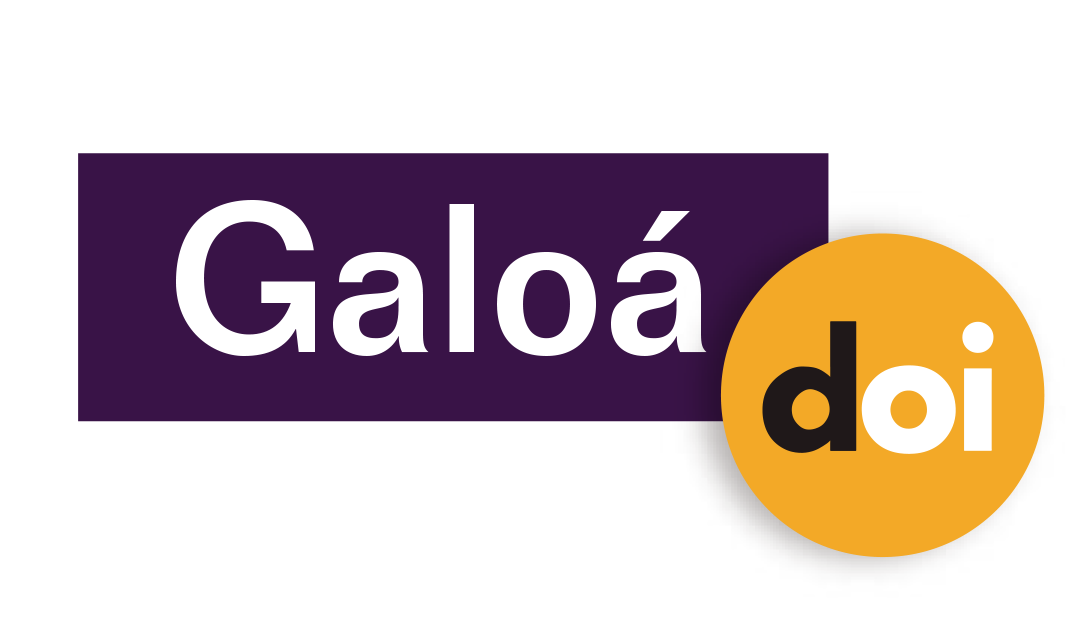Computational Thinking in Basic School in the Age of Artificial Intelligence: Where is the Teacher?
Resumo
Background: The term computational thinking offers a new approach in the field of cognitive science, through the premise of systematizing the steps of problem solving that it can be applied in Artificial Intelligence and to other sciences. Objectives: Offer to participants a continuous training in the context of computational thinking and evaluate the impact of understanding these teachers about their respective concepts and practices. Design: Of a qualitative nature, involving specific dynamics of action-research, the design of the teaching experience involves the elaboration of tasks, used as a teaching hypothesis, subject to reassessments and readjustments. Settings and participants: In remote context, through the Teams platform, with twelve primary and higher schoolteachers from Brazil, Portugal, Cape Verde and Angola. Data collection and Analysis: Data obtained through the recordings of the meetings and the proposals of the participants, analyzed according to the four phases of the reflexive spiral and the expansive cycle. Results: The contributions and involvement of the teachers were significant, and some proposals of activities conceived, two of them presented in this article. Conclusions: With the partial results obtained it is expected that the insertion of computational thinking in basic education develops skills of different abstraction, which helps children in solving problems in all areas of life, not only in the use of computers or for future computer scientists. The participants' proposals will be published and made available online, to contribute to teacher training in the context of computational thinking.
Palavras-chave
Texto completo:
PDF (English)DOI: https://doi.org/10.17648/acta.scientiae.6869
Apontamentos
- Não há apontamentos.
Direitos autorais 2021 Celina A.A.P. Abar, José Manuel Dos Santos Dos Santos, Marcio Vieira de Almeida

Esta obra está licenciada sob uma licença Creative Commons Atribuição 4.0 Internacional.
ANÚNCIOS
Informamos que, a partir de outubro de 2024, a revista Acta Scientia volta a aceitar submissões de artigos para publicação.
Mais, informamos que sites fraudulentos, https://periodicos-ulbrabr.org e https://periodicos-ulbrabra.org, estiveram se passando pela Acta Scientiae, utilizando nosso nome e identidade visual e até solicitado taxas de APC, que nós não cobramos. Aconselhamos cautela para evitar serem enganados por sites semelhantes.
Conceito A2 na Capes(2021)
Índice h5 do Google Scholar: 13
Índice mediana h5 do Google Scholar:24
eISSN: 2178-7727
Indexações:
A Acta Scientiae é indexada em: | Scopus |  | Latindex |  | Edubase (SBU/UNICAMP) |
 | Sumarios.org |  | Google Scholar |  | Portal LivRe (CNEM) |
 | Journals for Free |  | REDIB |  | Galoá DOI |

Todos os trabalhos publicados aqui estão sob uma licença Creative Commons - Atribuição 4.0 Internacional.
